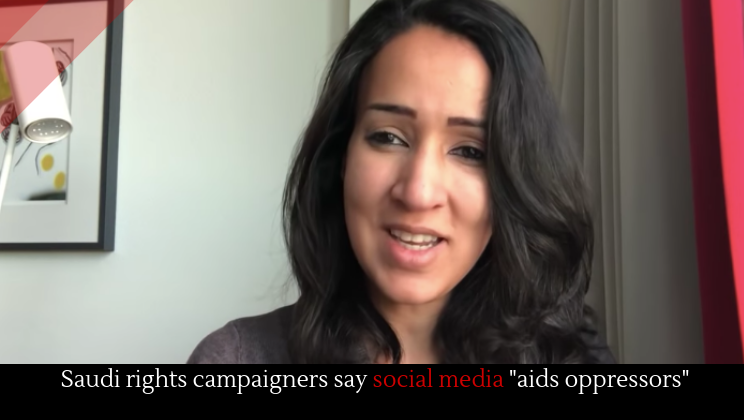Saudi rights campaigners say social media “aids oppressors”
Posted by Josh Taylor / October 30, 2018
You either die a hero, or live long enough to see yourself become the villain. Or so the old saying goes. That does not only apply to people, but also to companies or even ideas.
Fifteen years ago, Facebook was brand new. Only people at certain private schools could access it, and access was basically limited to inter-school communication. Eventually, Facebook opened access to all schools. The private schools created groups (visible only to people within their own school) with names like “Keep public schools off Facebook!” The groups didn’t work, because eventually Facebook opened to high schoolers. And then it opened to everyone. I deleted my own account when my grandmother joined. No offense to Grandma, but she had a lot of free time and an endless amount of spam to share.
That was right around the time––circa 2008––that Twitter was becoming less of an annoying bullhorn and more of a political tool. It was between 2009 and 2011 that Twitter and Facebook saw their peaks. During those years, Twitter and Facebook were instrumental in either sparking or perpetuating revolutions across the Middle East, in what’s now called the Arab Spring. Protestors used social media as a grassroots mobilization tool. Social media helped them communicate, coordinate, and strategize. The outcomes of those revolutions were mixed bags, but the point remains: social media was massively influential.
What we didn’t know in the wake of those revolutions was that social media would continue to be influential, but for entirely different reasons. “Twitter is really a powerful tool, and its being used against us,” said Manal al-Sharif before closing her account. She explains her decision in this video:
“If the same tools we joined for our liberation are being used to oppress us and undermine us, and used to spread fake news and hate, I’m out of these platforms,” she said, citing trolls, bots, and pro-government flamers. “Twitter now is becoming a trap, and it’s being used in a very efficient way by those governments, dictatorships and tyrants to silence us, and not only that, to spread their own propaganda, their own hate speech, misinformation and disinformation,” she says.
It’s time that we wise up. Social media was our Faustian deal with the devil. We wanted more communication, access, and entertainment. And we’re getting it. THe only problem is, we’re trading not only our liberty for that stuff, but we’re trading our very safety.
Full story at the Guardian.
More about social media.
Comments are off for this post.